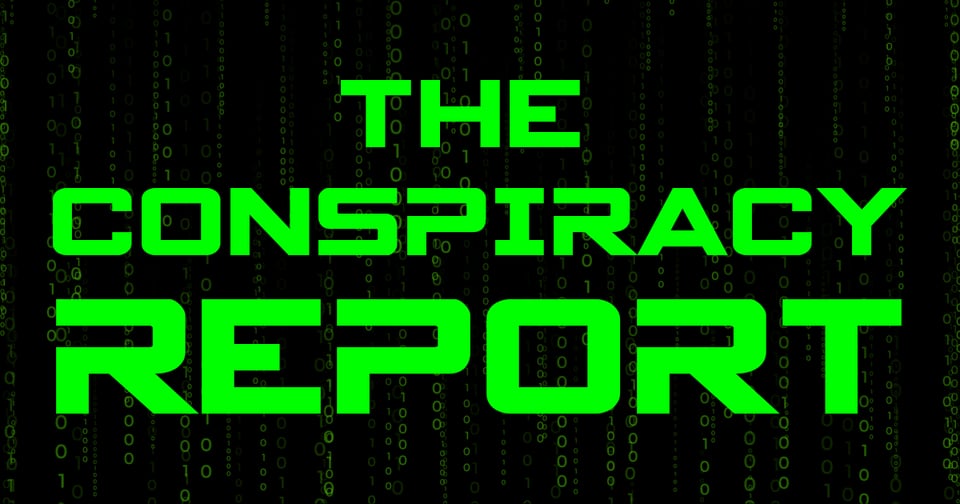
With the rise of the gig economy, and with electronic banking largely replacing personal visits to the brick and mortar institutions, we have seen the rise of computerized money transfers and third-party electronic payors.
Along with these developments has been the rise of fraudsters, seeking to enrich themselves by exploiting security flaws in the payment and receipt of electronic funds.
But despite the requisites and responsibilities of the banking industry to prevent and remediate fraud, the reality is far different from the theory. Many banks have refused to act in accordance with the law when it comes to reimbursing depositors who have been defrauded.
A quick look at Federal Law shows an adequate description of the problem, at 15 USC §1693, entitled Congressional findings and declaration of purpose:
(a) Rights and liabilities undefined
The Congress finds that the use of electronic systems to transfer funds provides the potential for substantial benefits to consumers. However, due to the unique characteristics of such systems, the application of existing consumer protection legislation is unclear, leaving the rights and liabilities of consumers, financial institutions, and intermediaries in electronic fund transfers undefined.
In subsection (b) we see:
b) Purposes
It is the purpose of this subchapter to provide a basic framework establishing the rights, liabilities, and responsibilities of participants in electronic fund and remittance transfer systems. The primary objective of this subchapter, however, is the provision of individual consumer rights.
In 1693 (c) of the law, it details the notifications a bank must provide a consumer when an account is open. This includes the consumer's liability for unauthorized electronic fund transfers, and the telephone number and address of the person or office to be notified in the event the consumer believes than an unauthorized electronic fund transfer has been or may be effected.
Meanwhile section 1693 (f) requires among other things, that the financial institution shall investigate the alleged error, determine whether an error has occurred, and report or mail the results of such investigation and determination to the consumer within ten business days.
Subsection (e) of 1693 (f) deals with a situation when the bank does not carry out its obligations under the law with respect to the consumer, stating:
(e) Treble damages
If in any action under section 1693m 1 of this title, the court finds that-
(1) the financial institution did not provisionally recredit a consumer's account within the ten-day period specified in subsection (c), and the financial institution (A) did not make a good faith investigation of the alleged error, or (B) did not have a reasonable basis for believing that the consumer's account was not in error; or
(2) the financial institution knowingly and willfully concluded that the consumer's account was not in error when such conclusion could not reasonably have been drawn from the evidence available to the financial institution at the time of its investigation,
The above laws have been provided so that you might have some idea of what bank responsibilities are, and what happens when they are not being met.
They frequently have not been met, ergo, a rash of recent litigation.
It has been estimated that fraud has cost consumers $870 million dollars, due to improper bank procedures with respect to the bank-to-bank payment platform of Zelle.
The Consumer Financial Protection Bureau has in December 2024, announced that it has commenced litigation against Bank of America, Wells Fargo, JP Morgan, Early Warning Services, and Zelle for their failure to property implement the safeguards mandated to protect bank customers with respect to Zelle.
The Director of the CFPB was quoted regarding the defendant banks as saying, ‘By their failing to put in place proper safeguards, Zelle became a gold mine for fraudsters, while leaving victims to fend for themselves.’
In his prepared remarks on the CFPB website, the Director, Rohit Chopra, stated, ‘The Consumer Financial Protection Bureau is suing Bank of America, JPMorgan Chase, and Wells Fargo for their role in enabling systemic fraud and then playing dumb when consumers were exploited.’
He went on to say, ‘In case after case, banks routinely denied requests for help, turning a blind eye even when customers provided clear evidence that criminals had taken over their accounts and that the transactions were unauthorized -- including police reports documenting the crimes.’
With respect to the suit against it by CFPB, Zelle spokesman said, ‘The CFPB’s misguided attacks will embolden criminals, cost consumers more in fees, stifle small businesses and make it harder for thousands of community banks and credit unions to compete.’
It seems that every time a corporation is taken to task for its negligence and/or malfeasance, in its defense it raises the specter of increased consumer costs in order to have the corporation follow the rules it was supposed to follow in the first instance, which would not have necessitated litigation. This is a specious argument.
In the allegations of the complaint against the banking defendants, the CFPB raised the issue that, ‘Despite receiving hundreds of thousands of fraud complaints, the defendant banks have failed to use this information to prevent further fraud.’
The CFPB director adequately summed up the gist of the litigation, ‘This is about financial institutions fulfilling their basic obligations to protect customers' money and help fraud victims recover their losses,’ said CFPB Director Rohit Chopra. ‘These banks broke the law by running a payment system that made fraud easy, and then refusing to help the victims.’
Why You Should Care
It’s probably safe to assume that the majority of the readers of this article have used some form of electronic payment services, either to send money or receive it.
As a consumer, you have to rely upon the banks to adequately protect your account, to follow the rules and regulations regarding that protection, and to engage in consumer-friendly practices to provide for the investigation and resolution of cases wherein the consumer has been defrauded.
They haven’t done it, and it isn’t unreasonable to assume, that but for the institution of litigation by the CFPB banks would continue to engage in their negligent and shoddy practices, in violation of the law, and in violation of the trust placed in them by the consumer.
Editor’s Note: Have you ever experienced anything that just didn’t seem right? Reply and tell us and we will use our sources to dig into it and uncover the truth behind the lies.
